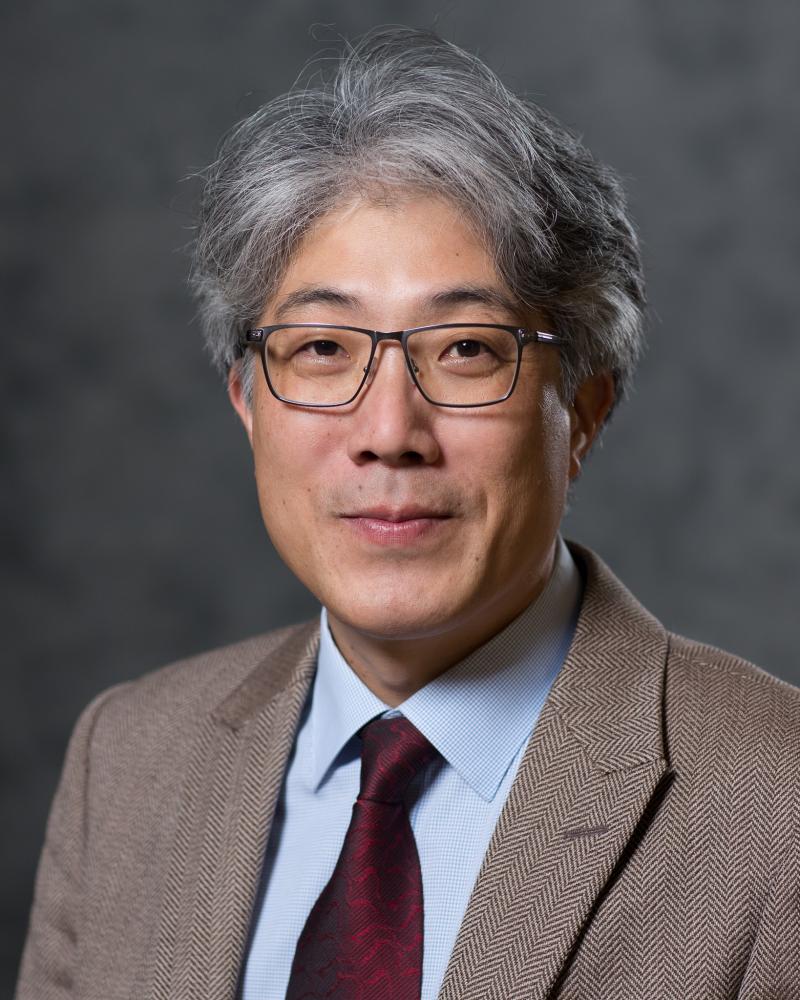
About
Dr. Kang is a Professor of Nuclear Engineering Program at Rensselaer Polytechnic Institute (RPI) and in charge of Nuclear Plant Reliability and Information lab. He is chairing Nuclear Safety Review Board from 2019. He is also the chair of Human Factors and I&C division of American Nuclear Society (2023-2024). Before joining RPI, he was an Associate Professor at the Department of Nuclear and Quantum Engineering at Korea Advanced Institute of Science and Technology (KAIST). Dr. Kang’s research focus lies in innovations of risk assessment of safety-critical systems, intrinsically safe nuclear power, intelligence of control and protection, and design and evaluation of emergency procedure. His research group develops advanced methods for probabilistic risk assessment and plant control including dynamic risk assessment framework and digital system reliability. He received the Ph.D. in 1999 in nuclear engineering from KAIST. After his Ph.D., he had worked for the probabilistic risk assessment team of the Korea Atomic Energy Research Institute (KAERI) as a senior researcher. In 2011 and 2012, he also taught at Khalifa University in UAE. Dr. Kang has authored more than 100 peer-reviewed journal articles and 200 conference presentations.
Research
Dr. Kang’s research focus has been on nuclear power harmonized with other non-CO2-emission sources, simulation of nuclear systems, innovations of dynamic risk assessment of safety-critical applications, advanced emergency operation procedures, digitalized I&C systems safety, passive safety features, human errors, and intelligent control and protection. His long-term research goal is to develop a risk-free autonomous operation scheme for nuclear power plants and other renewable energy sources, which can enable net-zero sustainable development of society.
Publications
The following is a selection of recent publications in Scopus. Hyun Kang has 154 indexed publications in the subjects of Energy, Engineering, Energy.